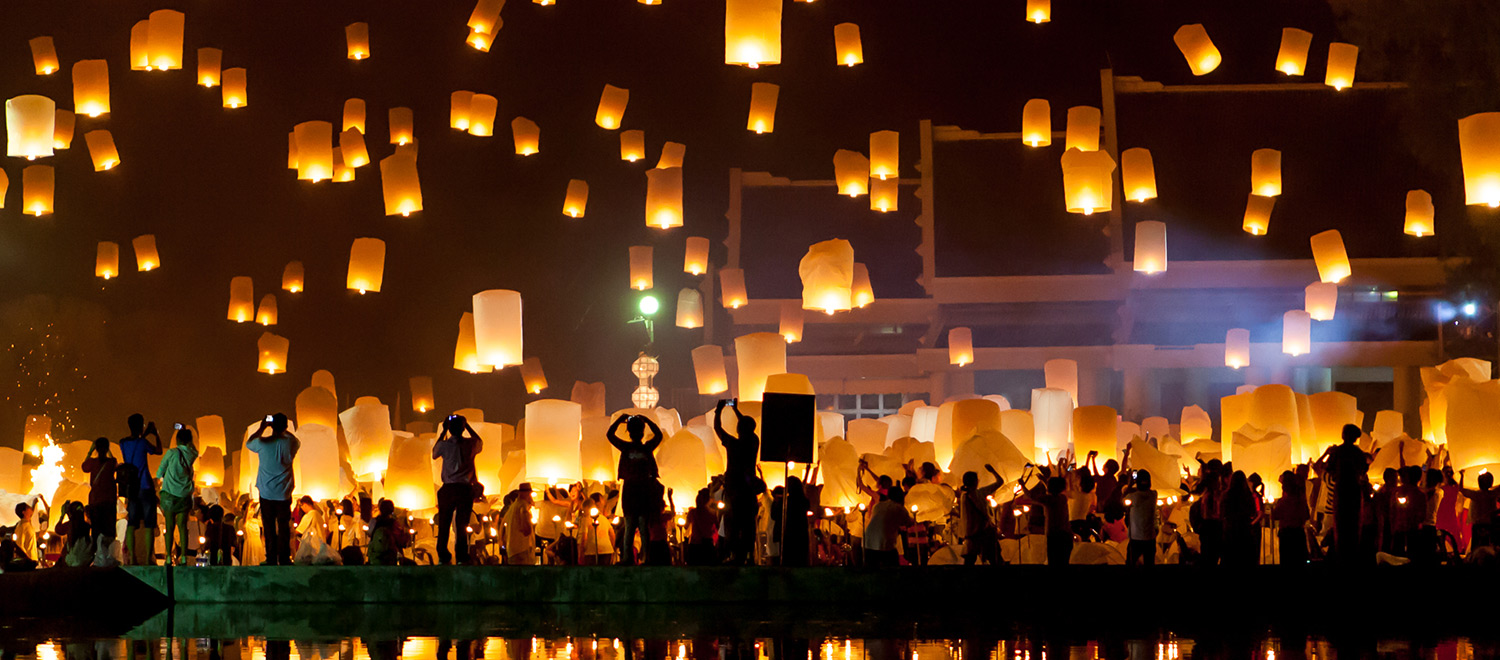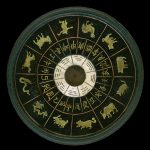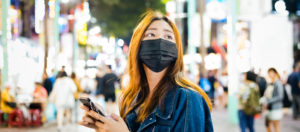Mid-Autumn Festival is one of the most important festivals in Asian culture. This year, it falls on Monday, 9/24.
Mid-Autumn Festival originates in ancient China during the Shang Dynasty in the 1600. It started as a harvest celebration for staple crops like rice, corn and wheat. Aligned with agricultural schedule, it is celebrated on the 15th of the eighth month based on the lunar calendar. The festival is to show appreciation of smooth weather in the past year and pray for a fruitful new year ahead. This is somewhat similar to other harvest celebrations around the world, like Thanksgiving in North America and Fiesta Nacional de la Vendimia in Argentina.
As agriculture became less dominant in modern society, the cultural significance of Mid-Autumn Festival evolved. In Asian literature and poems, moon is often used to express the yearning for home and family. Because of its timing in the lunar calendar, moon is often the roundest and brightest during the Mid-Autumn Festival. That’s why the festival evolved into one of the most important occasions for family reunion. In many Asian countries, it is a 3-day national holiday so people can travel and be together with their families.
Mooncake is a hallmark tradition of Mid-Autumn Festival. Its original round shape not only represents the moon, but also symbolizes completeness and reunion. During the celebration, family will eat mooncakes together as an expression of familial unity. It is important to know mooncakes come in different styles and vary by region. Most northern Chinese style mooncakes kept the traditional round shape with sweet fillings, whereas Hong Kong style mooncakes are more likely to come in a square shape with a salted duck egg in the middle. In Vietnam, mooncakes even come in adorable animal shapes!
Lantern is another staple celebration because of its representation of the moon. Lantern fair is still a popular family-bonding activity at night. Some will also write riddles on the lanterns for others to guess. Today, many Asian cities hold a grant scale of light exhibit in parks to continue this tradition. In Taiwan and parts of Southeast Asia, floating sky lanterns is another form of celebration where people release lit paper lanterns into the night sky wishing for blessings from the Moon Goddess.
Many misunderstood Mid-Autumn Festival as a Chinese holiday because these iconic traditions. Mid-Autumn Festival is celebrated across Asia in Korea, Vietnam, Japan, Philippines and other Southeast Asian countries. As time goes by, each culture has formed their own ways to celebrate.
- Taiwan: Besides mooncakes and lanterns, outdoor BBQ is a must-have tradition in Taiwanese culture. Meat skewers on a open fire under the beautiful moon makes the best atmosphere for family get-togethers.
- Korea: Instead of mooncakes, traditional Korean rice cake, confections, and white liquor are the iconic food choices for Mid-Autumn Festival. Gifting is especially important among families and businesses during this time. From fruits, desserts, to wine, gift sets specifically designed for this time of the year can easily inflate to hundreds of dollars.
- Vietnam: Mid-Autumn Festival is also known as the Children’s Festival in Vietnamese culture. Children are believed to be the most pure, and closest in connection to the sacred natural world. Celebrations like lanterns, dragon and lion dances are often geared towards children too. The festival also symbolizes a reverence for fertility because of the cultural connotation of the moon goddess.
- Philippines: Besides mooncakes, a dice game called “Mid-Autumn Gambling” is particularly important in Filipino culture. It is usually played during family get-togethers as a form of holiday entertainment.
If you are interested in experiencing Mid-Autumn Festival in-person, there are quite a few celebrations in Southern California: Asian Garden Mall in Westminster and Langham Hotel in Pasadena just to name a few.
If you are in Philadelphia, don’t miss the Chinatown Moon Festival Celebration at 10th and Arch St. this Saturday afternoon!
Happy Mid-Autumn Festival, everyone!







